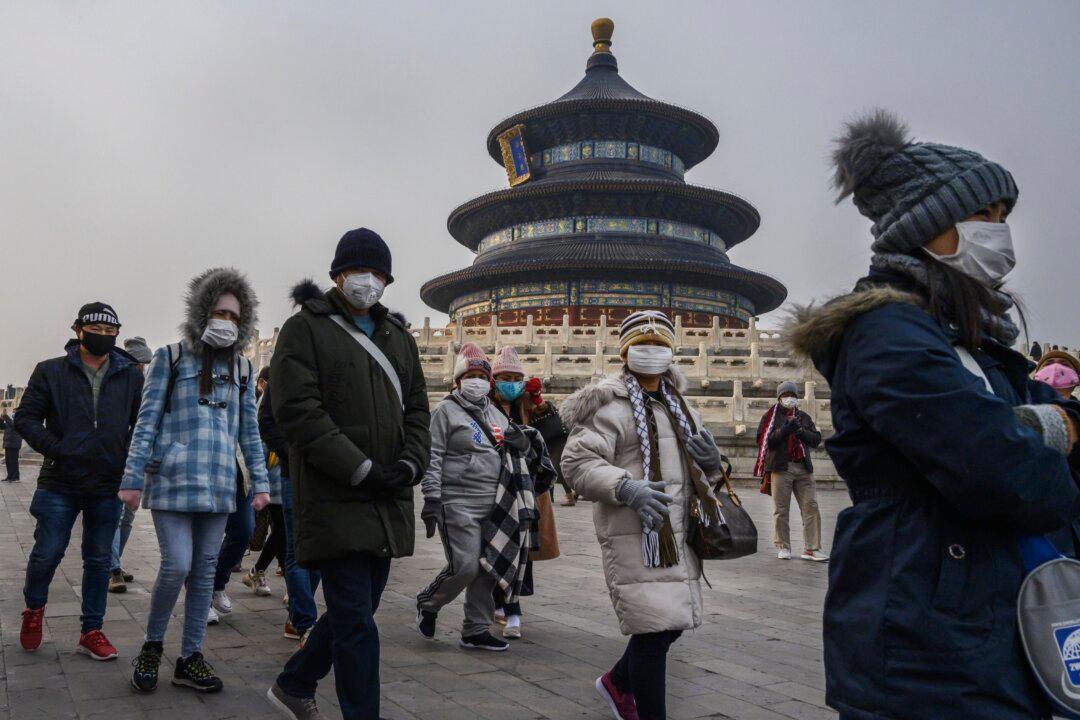Commentary
The question of what should constitute the relationship between the individual and the state has been discussed in Chinese philosophical circles for as long as—if not longer than—it has in Western political discourse.


The question of what should constitute the relationship between the individual and the state has been discussed in Chinese philosophical circles for as long as—if not longer than—it has in Western political discourse.